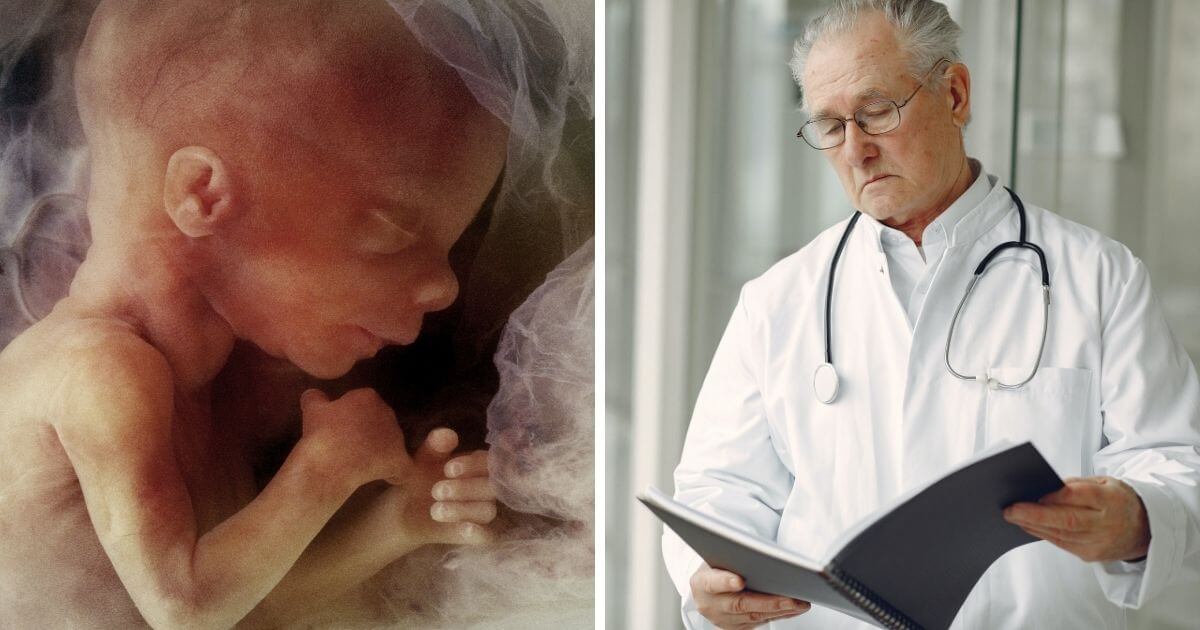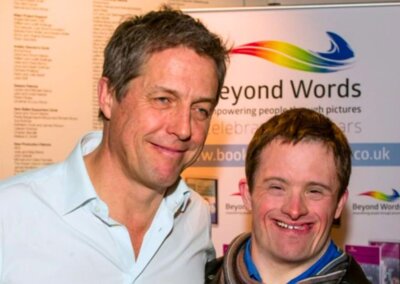Prenatal tests for a number of conditions, which are being marketed and sold in the UK, have been found, by a New York Times investigation, to be delivering ‘false positives’ for a range of conditions “about an average of 85% of the time”, with testing for some conditions being wrong as high as 93% of the time.
The prenatal genetic testing company, Natera, is now being investigated after the New York Times discovered that testing for a range of genetic microdeletion disorders in unborn babies was wrong most of the time. Microdeletion disorders occur when small fragments of DNA are not present, and can have a range of effects from mental and physical disabilities to no effect at all.
According to Natera, the company performed over 400,000 of these tests for one microdeletion disorder on pregnant women in 2020. That is “the equivalent of testing roughly 10 percent of pregnant women in America”, said the Times.
Tests looking to find Prader-Willi and Angelman syndromes were found to have a false positive rate of 93%.
The Times reports that a number of women had “tentatively” planned to have an abortion following the results of their prenatal test before additional testing confirmed that their babies did not have any disabilities.
A geneticist told the Times that one woman had already had an abortion before a follow-up test revealed that her baby was healthy. The Boston Globe quoted a doctor who described three abortions following unconfirmed positive results.
A 2014 study found that 6 percent of patients who received a positive result from a non-invasive prenatal test (NIPT) for a condition went on to obtain an abortion without getting another test to confirm the result.
Additional testing is expected if a woman has a positive test result indicating that her baby has some genetic disorder. The New York Times notes that such tests in the United States “can cost thousands of dollars, come with a small risk of miscarriage and can’t be performed until later in pregnancy…”.
Through interviews, the Times found that 8 of 14 patients who got false positives for genetic disorders “said they never received any information about the possibility of a false positive”, and “five recalled that their doctor treated the test results as definitive”. These women described an “agonizing” experience after the positive results, including “sleepless nights and days hiding their bulging bellies from friends”.
The New York Times also found that Natera was not alone in neglecting to mention its false-positive rate. In a review of 17 patient and doctor brochures from eight testing companies, the Times found that “ten of the brochures never mention that a false positive can happen” and that “only one mentioned how often each test gets positive results wrong”.
The company Myriad Genetics said on its website that it had “total confidence in every result” but failed to mention the false-positive rate. They removed the claim after the Times asked about the tests.
When confronted, “half a dozen of the largest prenatal testing companies declined interview requests”. The New York Times said the companies issued statements “caution[ing] that the tests are meant not to diagnose a condition but rather to identify high-risk patients in need of additional testing”.
The number of infants born with Down’s syndrome in the UK fell by 54% between 2011 and 2015, a period that saw the arrival of non-invasive prenatal testing (NIPT) to the UK in 2012.
Right To Life UK spokesperson, Catherine Robinson, said: “While the discrepancy between the false-positive rate of prenatal testing and the mother’s knowledge of this is alarming, the whole approach to childbirth and disability is far more disturbing. From the Times coverage of the issue, the implication is that the real scandal is the undue trust patients have in an evidently inaccurate test. Rather, the real scandal is that women are being offered a test which, if positive, is then frequently used as a reason for abortion. But all human life matters, from the mother to her unborn child, whether he or she has a disability or not”.










